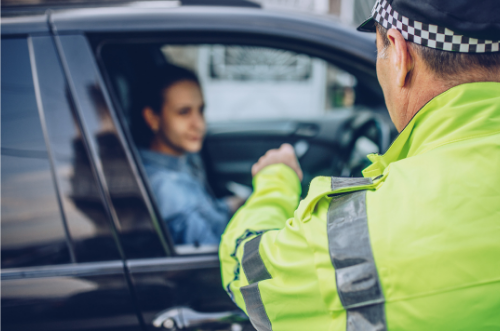

We have extensive experience and expertise of dealing with offences under the Road Traffic Act 1988 (RTA) including all types of 'drug drive' offences, in particular those under Section 4(1) and Section 5A RTA.
Section 4(1) - there are no specified legal limits for drugs under S4(1) and it is important to consider that drugs or their metabolites may persist in the body for longer than they cause impairment. We consider toxicology results, stated patterns of drug use, witness statements, the results of field impairment tests and CCTV footage to form an opinion as to whether or not an individual is likely to have been unfit to drive.
Section 5A - statutory limits exist in the blood only for 17 prescribed and commonly-abused drugs. This means impairment is no longer an issue. Indeed, the statutory limits for cannabis [tetrahydrocannabinol (THC)], cocaine (cocaine and benzoylecgonine (BZE)] and other illicit drugs are set at zero-tolerance levels which may not cause impairment. Roadside oral fluid (saliva) tests exist only for cannabis and cocaine use but positive findings do not conclusively demonstrate use of these drugs.
We regularly consider the impact of the following on blood test results:
Reanalysis and Data Pack Reviews - if the test results produced by the Prosecution are unexpected or not accepted, we can facilitate testing of 'B' samples using an independent UKAS accredited testing laboratory and review the analytical data pack of the Prosecution laboratory to check for continuity, contamination or analytical issues.
Read our article "A drug-driver's tour of the UK and Ireland"
If you are a CrimeLine subscriber, why not watch our Drug Driving Podcast?